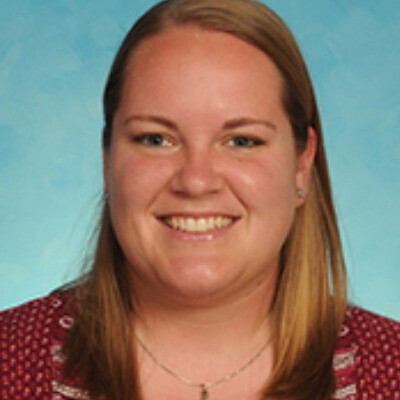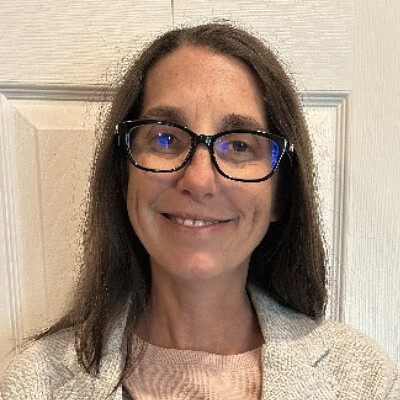This lightning talk will discuss what impact that an interprofessional street medicine learning opportunity had on the future careers of health professionals. By exposing students to vulnerable populations, like the unhoused population, students gained insight into their unique needs and how an interprofessional team can perform in a nontraditional setting. Street medicine models, such as Project MUSHROOM, are designed to meet unhoused individuals where they are and provide care directly in their community and environment. Street medicine is becoming a more common practice in communities that have a larger unhoused population. Project MUSHROOM consists of interprofessional faculty and students who provide medical care to the unhoused population within the community that the students learn and live in.
A survey was utilized to gain an understanding of how their participation in Project MUSHROOM impacted them as professionals. Alumni of the health sciences campus were asked to reflect on their participation in Project MUSHROOM. Participants reported that their participation was valuable to their understanding of interprofessional education and interprofessional collaboration in their current practice. Participants additionally reported that they gained a richer understanding of the needs of the unhoused population and felt a calling to volunteer and advocate locally for this population. Finally, participants reported how this experience has decreased the personal stigma around working with individuals who are unhoused, and they have educated others on the importance of providing nonjudgmental care.
Throughout this talk, learners will gain insight into an overview of street medicine. Presenters will discuss the survey that was sent to alumni and discuss the results. Presenters will show support that interprofessional learning opportunities in non-traditional settings have a positive impact on future careers.
Lightning Talk
Tuesday, September 16, 2025, 2:30 pm - 3:30 pm CDT
Keywords:
community healthnon-traditional practiceCollaborative care



